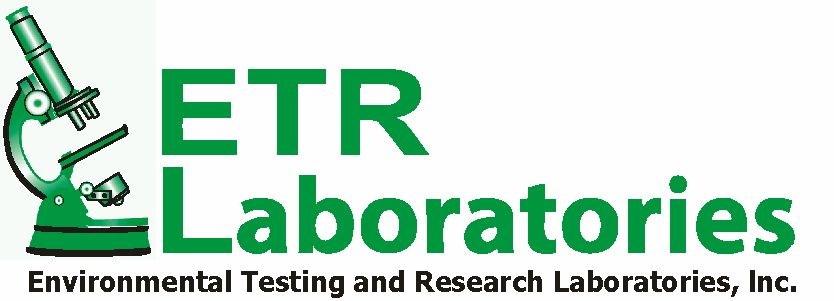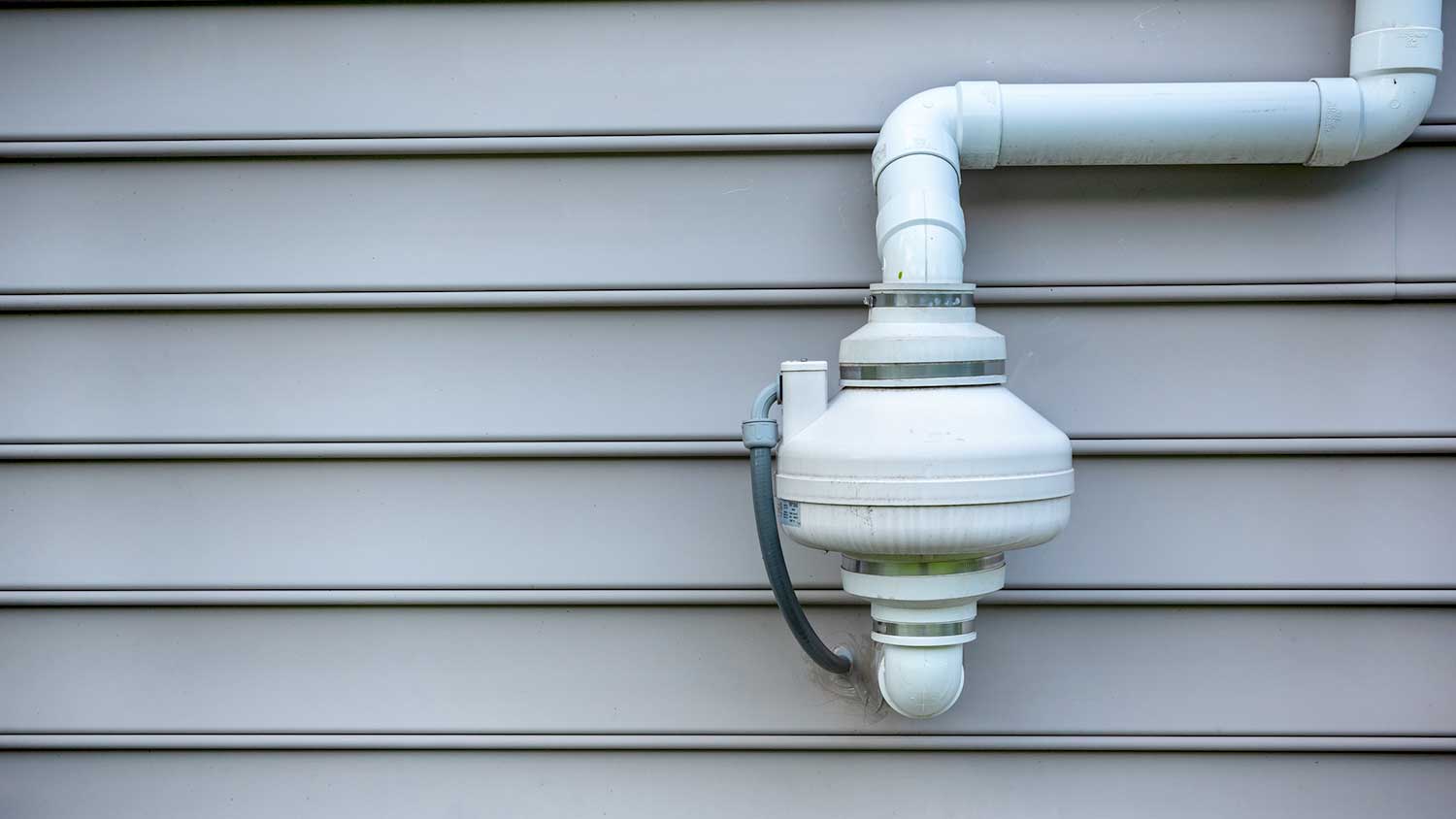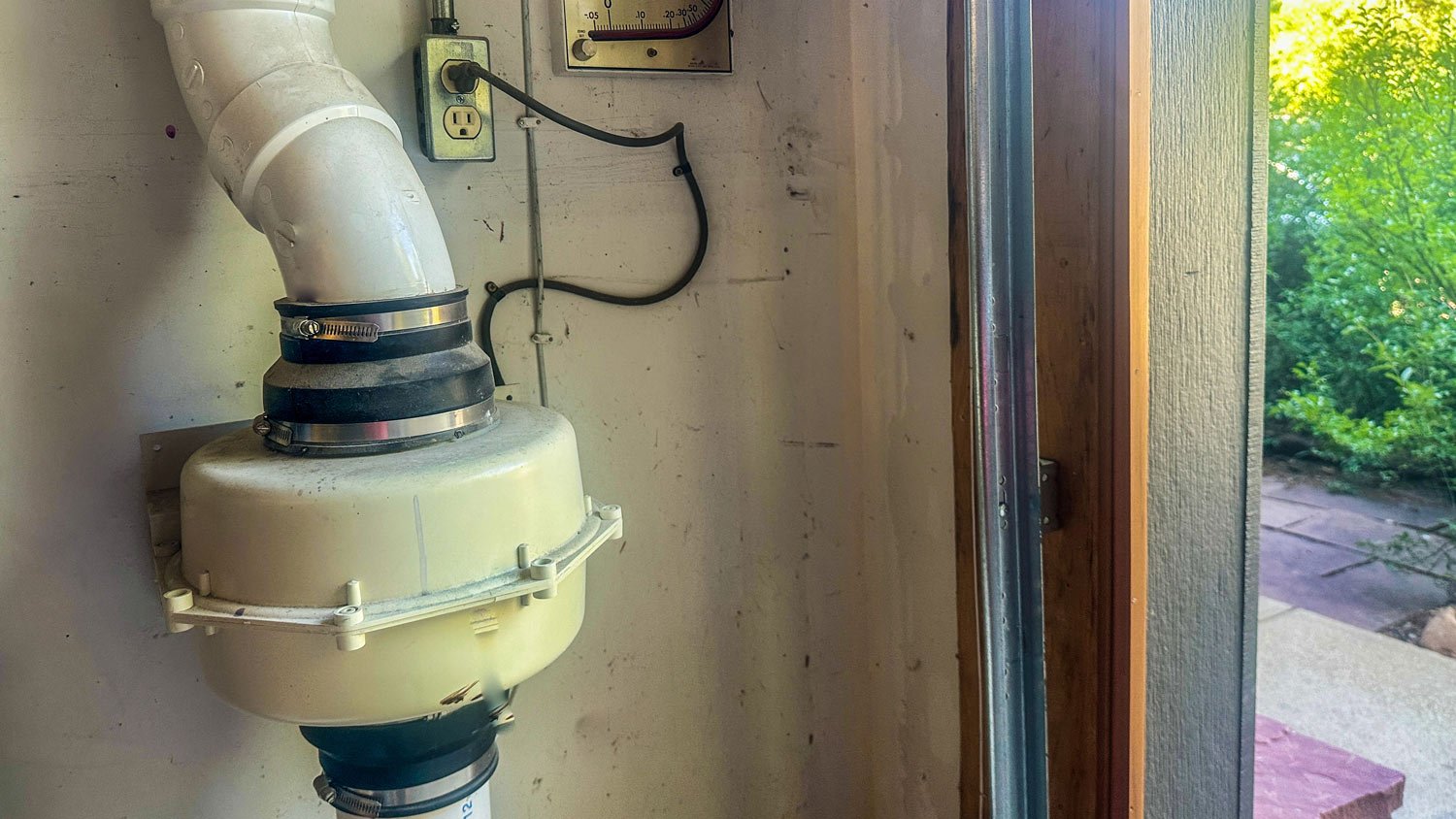
Get matched with top radon detection and reduction specialists in Oxford, NE
Enter your zip and get matched with up to 5 pros
Need a pro for your radon detection and reduction project in Oxford, NE?
Find Radon detection and reduction specialists in Oxford

Environmental Testing & Research Laboratories, Inc
Environmental Testing & Research Laboratories, Inc
ETR Laboratories in an analytic laboratory with a broad range of commercial, industrial and individual clients. We provide analytic services using a wide variety of scientific methods including GC/MS, IC/MS, GIR, NMR and SEM equipment. We can do particle analysis, organic and inorganic chemical analysis and micro analysis on biological and other materials. Private water analysis is our specialty. Award winning. Additional DBA - Environmental Testing & Research Laboratories Inc, ETR Labs, ETR Laboratories.
"as advertised"
Nancy C on July 2018
ETR Laboratories in an analytic laboratory with a broad range of commercial, industrial and individual clients. We provide analytic services using a wide variety of scientific methods including GC/MS, IC/MS, GIR, NMR and SEM equipment. We can do particle analysis, organic and inorganic chemical analysis and micro analysis on biological and other materials. Private water analysis is our specialty. Award winning. Additional DBA - Environmental Testing & Research Laboratories Inc, ETR Labs, ETR Laboratories.
"as advertised"
Nancy C on July 2018
Getz Radon Pros
Getz Radon Pros
Getz Radon Pros proudly serves the Kearney, Hastings and Grand Island area. Please call us for all of your radon mitigation and radon testing needs. We cover both residential and commercial clients. We are licensed & insured. Call for fast service.
Getz Radon Pros proudly serves the Kearney, Hastings and Grand Island area. Please call us for all of your radon mitigation and radon testing needs. We cover both residential and commercial clients. We are licensed & insured. Call for fast service.
Midwest Radon Specialists
Midwest Radon Specialists
Provide liscensed spcialists certified in radon measurement and mitigation in Kearney NE and the surrounding areas. We are dedicated in reducing the radon level in your home to at or below the EPA recommended safe level.
Provide liscensed spcialists certified in radon measurement and mitigation in Kearney NE and the surrounding areas. We are dedicated in reducing the radon level in your home to at or below the EPA recommended safe level.
The Oxford, NE homeowners’ guide to radon detection and reduction services
From average costs to expert advice, get all the answers you need to get your job done.

Get clear answers on how much radon remediation costs, including average prices, key cost factors, and tips to save money on your home’s radon mitigation.
 •
•Find out what impacts radon testing costs, including average prices for DIY kits and professional services, so you can protect your home and budget confidently.
 •
•Discover the average indoor air quality testing cost, what impacts pricing, and how to budget for healthier air in your home.

The cost of a radon mitigation system depends mostly on the type of system being installed. Use this guide to learn about your options.

Knowing how to test for radon will keep your home free and safe from this odorless gas—you just have to decide whether to do it yourself or hire a pro.

Radon is a radioactive gas that can enter a home from the ground. Prepare yourself for mitigation by answering these questions before hiring a pro.
- Beaver City, NE Radon detection and reduction specialists
- Arapahoe, NE Radon detection and reduction specialists
- Alma, NE Radon detection and reduction specialists
- Bertrand, NE Radon detection and reduction specialists
- Holdrege, NE Radon detection and reduction specialists
- Elwood, NE Radon detection and reduction specialists
- Cambridge, NE Radon detection and reduction specialists
- Axtell, NE Radon detection and reduction specialists
- Norton, KS Radon detection and reduction specialists
- Elm Creek, NE Radon detection and reduction specialists
- Lexington, NE Radon detection and reduction specialists
- Franklin, NE Radon detection and reduction specialists
- Phillipsburg, KS Radon detection and reduction specialists
- Minden, NE Radon detection and reduction specialists
- Logan, KS Radon detection and reduction specialists
- Indianola, NE Radon detection and reduction specialists
- Kearney, NE Radon detection and reduction specialists
- Overton, NE Radon detection and reduction specialists
- Cozad, NE Radon detection and reduction specialists
- Curtis, NE Radon detection and reduction specialists
- Gibbon, NE Radon detection and reduction specialists
- Mccook, NE Radon detection and reduction specialists
- Gothenburg, NE Radon detection and reduction specialists
- Smith Center, KS Radon detection and reduction specialists
- Oberlin, KS Radon detection and reduction specialists
- Kenesaw, NE Radon detection and reduction specialists
- Stockton, KS Radon detection and reduction specialists
- Red Cloud, NE Radon detection and reduction specialists
- Shelton, NE Radon detection and reduction specialists
- Hill City, KS Radon detection and reduction specialists
- Roofing in Oxford
- Kitchen And Bath Remodeling in Oxford
- Plumbing in Oxford
- Roofing in Oxford
- Tree Service in Oxford
- Kitchen And Bath Remodeling in Oxford
- Fencing in Oxford
- Electrical in Oxford
- Siding in Oxford
- Garage Doors in Oxford
- Windows in Oxford
- Concrete Repair in Oxford
- Lawn And Yard Work in Oxford
- Flooring in Oxford
- Air Duct Cleaning in Oxford
- Exterior Painting in Oxford
- Landscaping in Oxford
- Pest Control in Oxford
- Concrete Driveways in Oxford
- Insulation in Oxford
- Foundation Repair in Oxford
- Gutter Cleaning in Oxford
- Handyman Service in Oxford
- Home Builders in Oxford
- Epoxy Flooring in Oxford
- Drywall in Oxford
- Pressure Washing in Oxford
- Moving in Oxford
- Carpet Cleaning in Oxford
- Roof Ice And Snow Removal in Oxford
- 🌱 "Mow a small front yard"
- 🛠 "Fix a leaking pipe under the sink"
- 🏠 "Repair shingles on an asphalt roof"